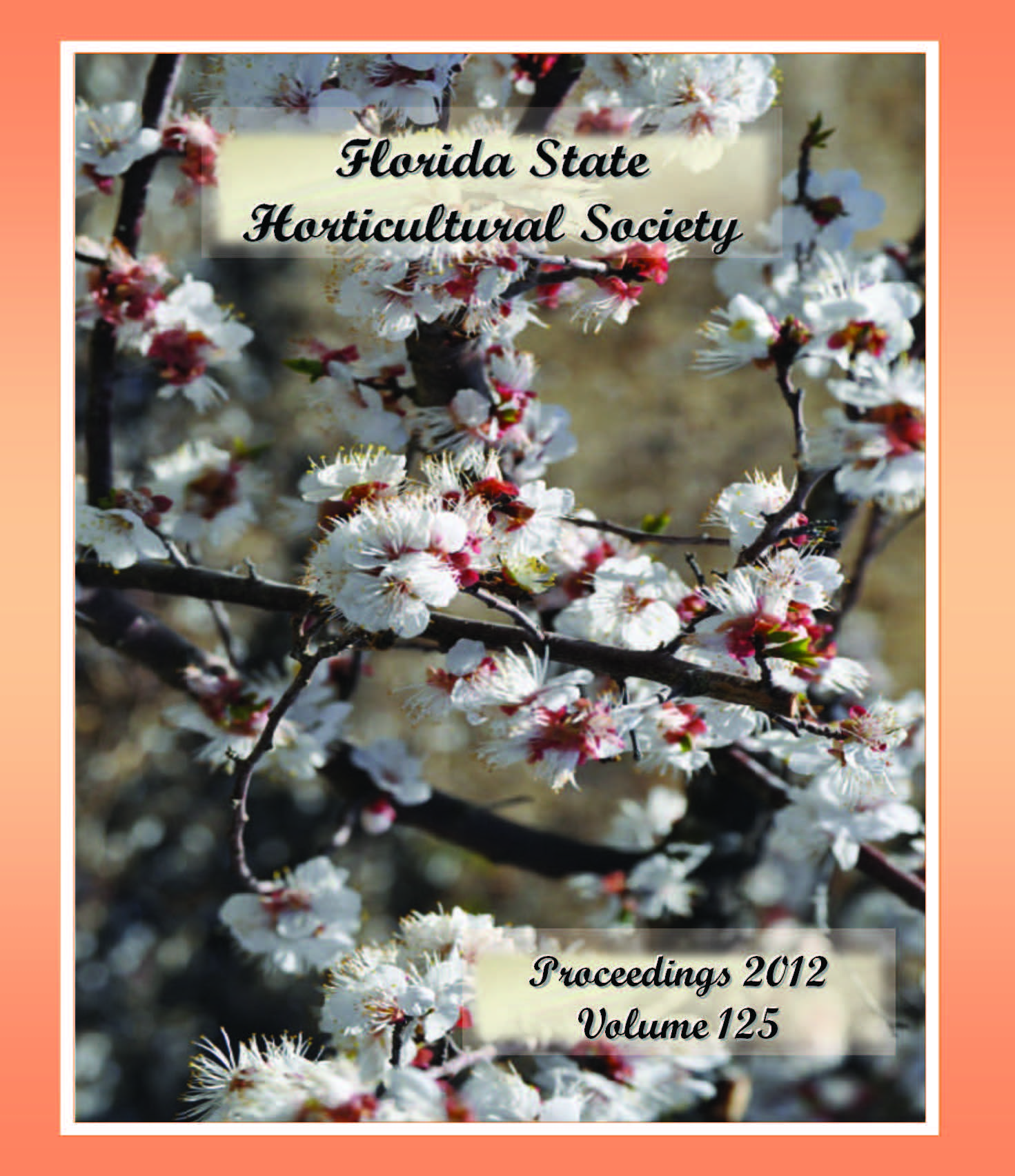Abstract
Yield and horticultural quality in lettuce production are dependent on management practices and cultivars used in the production. Selection of cultivars suitable for use in southern Florida is based on data from field variety trials. Lettuce variety trials by the University of Florida were discontinued for many years, which have resulted in a lack of data for selection of cultivars for use in Florida. Beginning in 2010, we resumed these trials at the UF/IFAS Everglades Research and Education Center in Belle Glade. A total of seven cultivars (three iceberg and four romaine) were tested in field trials. Results showed that the cultivars varied significantly for yield and other traits. In 2010, the cultivar Gator yielded more than the cultivars 8074 and Raleigh in iceberg variety trials, while all four romaine cultivars did not differ significantly for yield. In 2011, the three iceberg cultivars yielded similarly. ‘Terrapin’ and ‘70096’ had higher yield than ‘Manatee’ in the romaine variety trials. The results indicate that there was a significant genotype by environment interaction for the iceberg lettuce ‘Raleigh’ and the romaine cultivar Manatee. ‘Manatee’ and ‘70096’ are resistant to seed thermo-dormancy and generally germinated better than other cultivars. The variety 70096 was found to be resistant to banded cucumber beetles and tolerant to cold weather. All three iceberg cultivars and ‘Manatee’ were tolerant to aphids.

